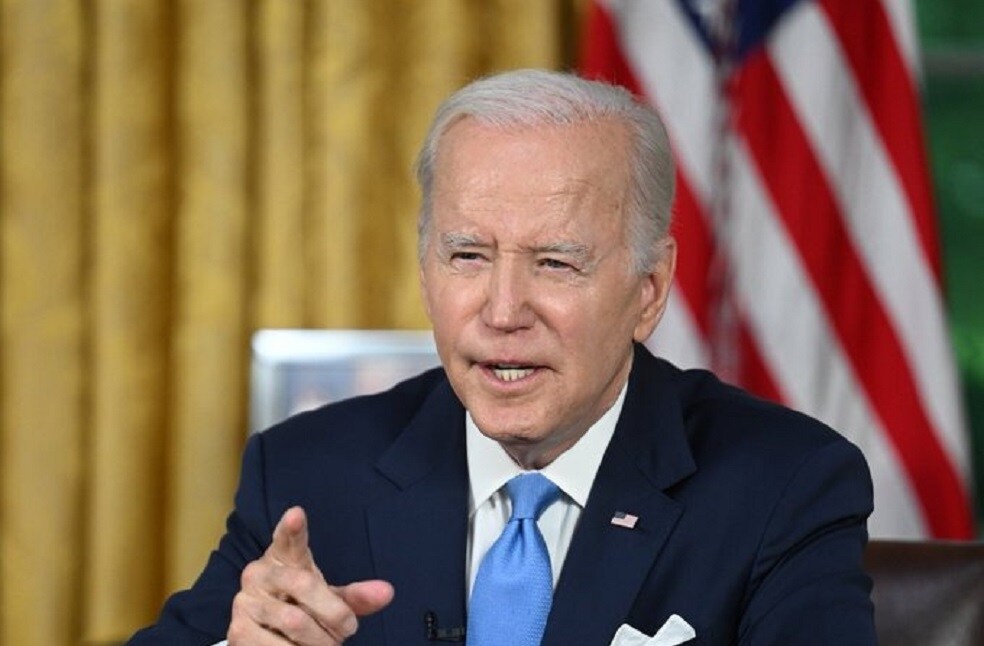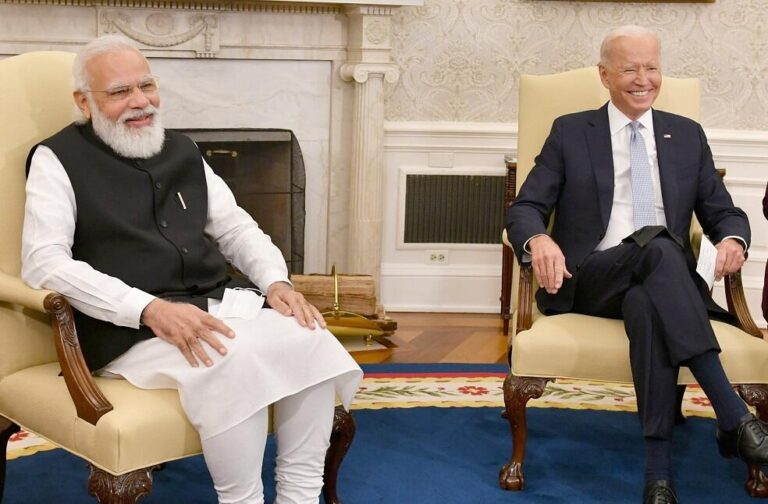United States: Indian Prime Minister Mr. Narendra Modi is set to visit the United States for a meeting with President Mr. Joe Biden and an address to Congress, with a focus on enhancing military and technological cooperation. The trip aims to forge a regional alliance against China, as both countries seek to counterbalance its growing influence.
Taking to Twitter before his departure, Mr. Modi expressed the desire to deepen India-USA ties in crucial sectors such as trade, commerce, innovation, and technology. This state visit, his first since assuming power in 2014, holds great significance as it includes a state dinner at the White House—an honor extended to only a select few since Mr. Biden’s inauguration.
While the visit is seen by New Delhi as an opportunity to expand and consolidate bilateral relations, concerns have been raised over issues like the treatment of India’s Muslim minority, human rights, and democratic regression under Mr. Modi’s Hindu nationalist leadership.

Nonetheless, President Mr. Biden has underscored the importance of the US-India relationship in addressing global challenges such as climate change, disruptions related to artificial intelligence, and China’s rising influence in the Indo-Pacific region.
Mr. Modi’s three-day visit occurs against a backdrop of criticism from human rights groups and political opponents who accuse him of suppressing dissent and pursuing policies that discriminate against Muslims and other minorities. Human Rights Watch, through its Asia director Elaine Pearson, urged Mr. Biden not to shy away from addressing India’s deteriorating human rights situation.
Coinciding with the visit, Human Rights Watch plans to screen a banned BBC documentary critical of Modi’s role during the 2002 anti-Muslim riots in Gujarat, which resulted in a significant loss of life. Although an investigation later cleared Modi of direct involvement, the incident continues to cast a shadow over his reputation.



